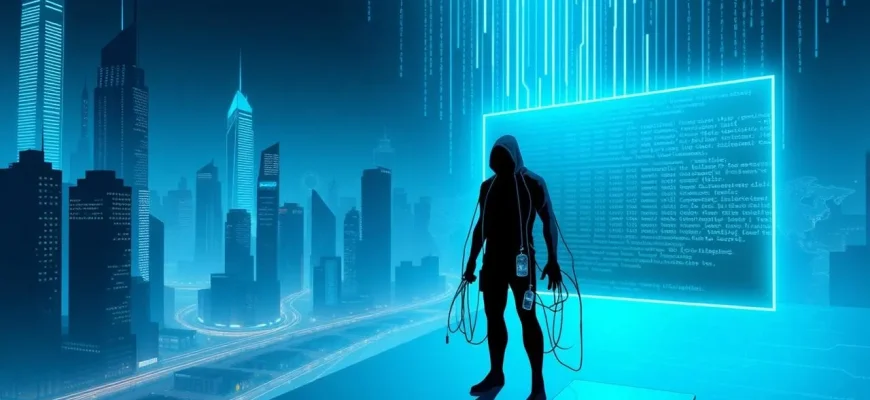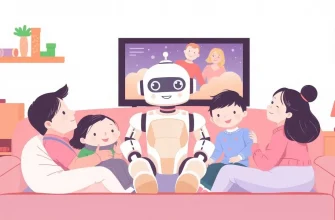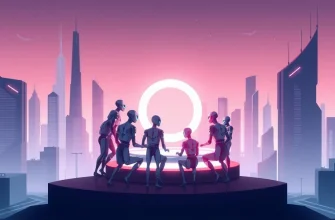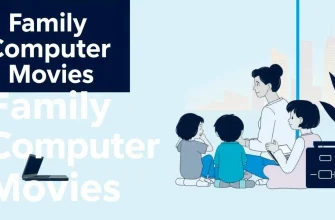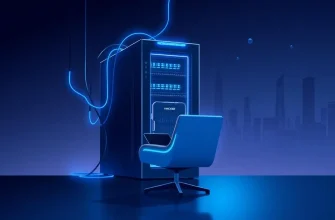From the dawn of the digital age to the complexities of modern cyber warfare, computers have not only transformed our daily lives but have also inspired a rich tapestry of cinematic storytelling. This curated list of 10 films delves into the world of technology, showcasing how computers have been portrayed in cinema, from thrilling hacker adventures to thought-provoking explorations of AI. Whether you're a tech enthusiast or just love a good story, these films offer a fascinating look at the intersection of technology and human experience.

Tron (1982)
Description: One of the first films to extensively use computer-generated imagery (CGI), Tron tells the story of a programmer who is digitized into the computer world, battling for control of his own creation.
Fact: The film was a commercial disappointment but has since become a cult classic, influencing many sci-fi films with its pioneering visual effects.
 Watch Now
Watch Now 
WarGames (1983)
Description: A young hacker inadvertently accesses a military supercomputer, nearly triggering a nuclear war, showcasing the early fears and fascination with computer security and AI.
Fact: The film inspired the creation of the Computer Emergency Response Team (CERT) to address internet security issues.
 Watch Now
Watch Now 
Sneakers (1992)
Description: A group of security experts, who are also former hackers, are hired to test security systems but get entangled in a plot involving a device that can decode any computer encryption.
Fact: The film features real-life hacker Kevin Mitnick as a consultant, ensuring some level of technical accuracy.
 Watch Now
Watch Now 
Hackers (1995)
Description: This film dives into the world of teenage hackers, exploring themes of cybercrime, digital rebellion, and the allure of hacking culture.
Fact: The film's depiction of hacking has been criticized for its inaccuracies but has become iconic for its portrayal of hacker fashion and lifestyle.
 Watch Now
Watch Now 
The Matrix (1999)
Description: This groundbreaking film explores the concept of a simulated reality controlled by sentient machines, highlighting the potential of computers to manipulate human perception and existence.
Fact: The film's "bullet time" effect revolutionized visual effects in cinema. Also, the Wachowskis wrote the script in just 30 days.
 Watch Now
Watch Now 
Office Space (1999)
Description: While more of a comedy, this film satirizes office life and includes a subplot where the protagonist uses a computer virus to embezzle money, highlighting the mundane yet potentially dangerous aspects of office computing.
Fact: The film has become a cult classic, especially among those who have experienced the drudgery of office work.
 Watch Now
Watch Now 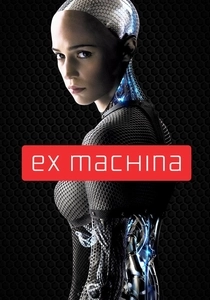
Ex Machina (2014)
Description: A programmer is invited by his CEO to administer the Turing test to an intelligent humanoid robot, raising questions about AI, consciousness, and the ethics of creation.
Fact: The film was made on a relatively low budget of $15 million but grossed over $36 million worldwide.
 Watch Now
Watch Now 
The Social Network (2010)
Description: While not about computers per se, this film chronicles the creation of Facebook, highlighting the role of technology in social networking and the ethical dilemmas of digital innovation.
Fact: Aaron Sorkin wrote the screenplay in just six months, and the film was nominated for eight Academy Awards, winning three.
 Watch Now
Watch Now 
Her (2013)
Description: In this poignant exploration of AI, a man falls in love with an operating system, questioning the boundaries between human emotion and artificial intelligence.
Fact: The film won the Academy Award for Best Original Screenplay.
 Watch Now
Watch Now 
The Imitation Game (2014)
Description: This biographical drama focuses on Alan Turing's efforts to crack the Nazi's Enigma code during WWII, showcasing the early days of computer science and its impact on history.
Fact: The film was criticized for historical inaccuracies but praised for bringing Turing's story to a wider audience.
 Watch Now
Watch Now 
